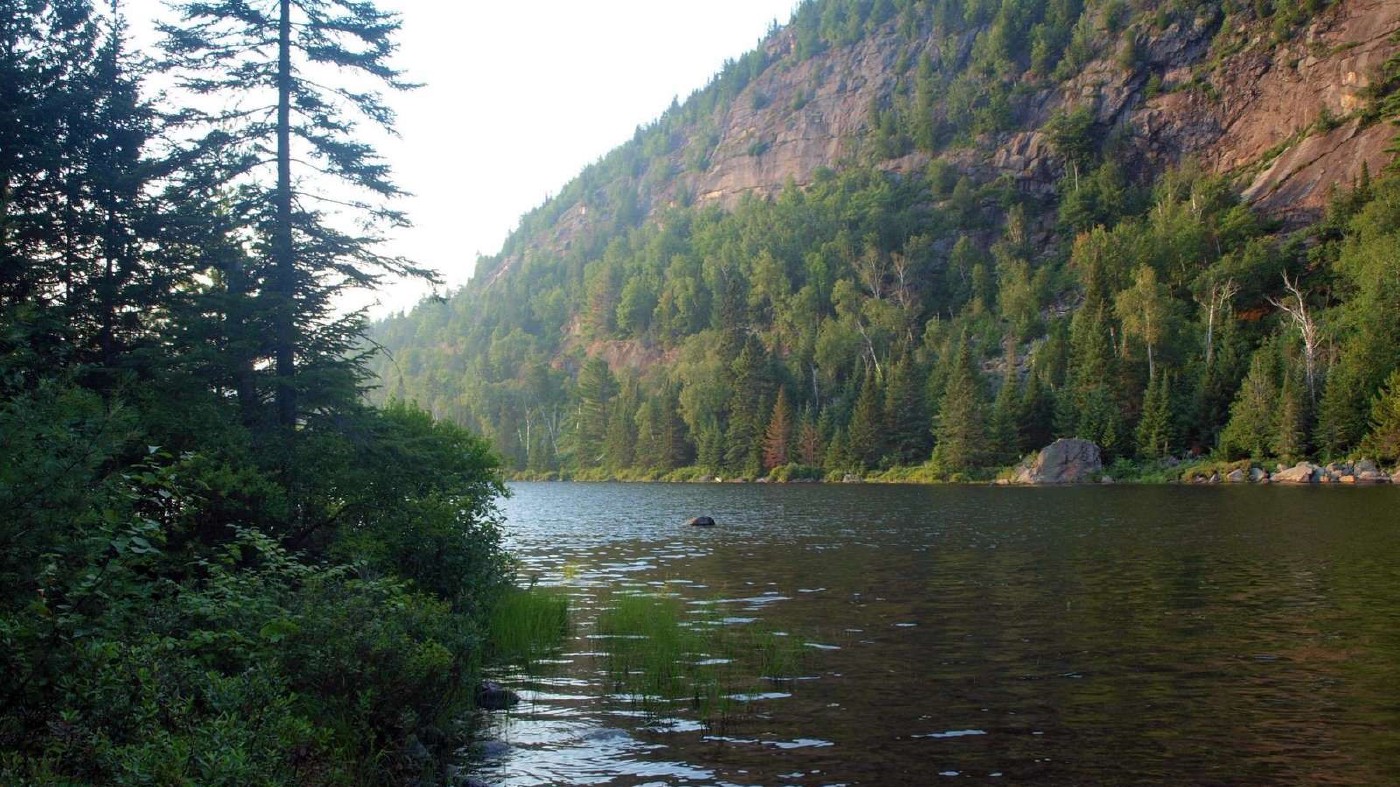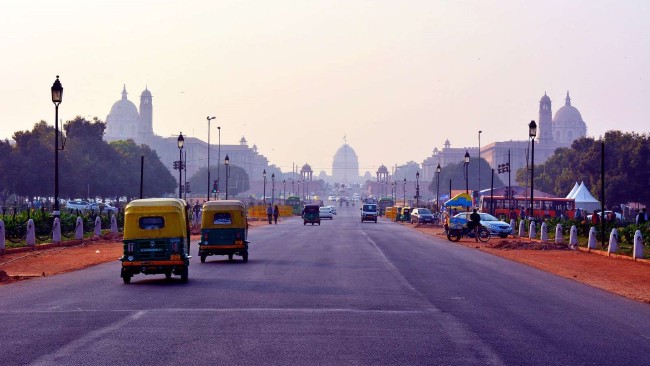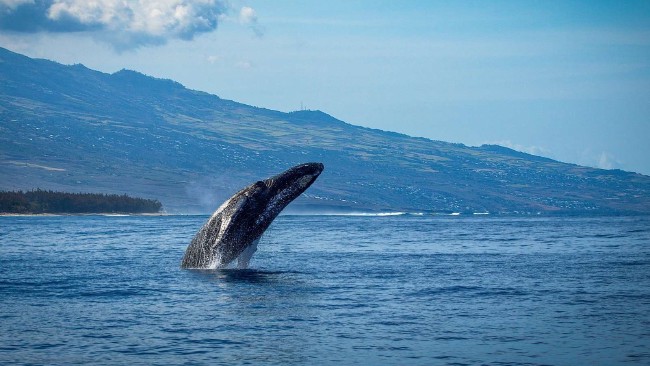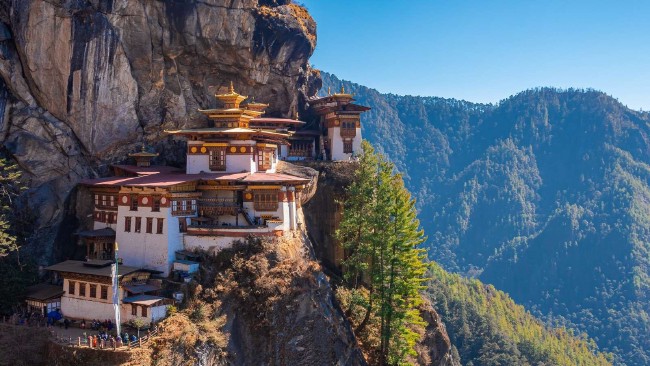
Up to $340 million in new funding to support Indigenous-led conservation projects and more.
- The Canadian government will provide up to $340 million in new funding to support Indigenous-led conservation projects over the next five years. The investment is part of the nation’s $2.3 billion commitment to nature conservation.
- Since June, Harvard University has stopped using any of its nearly $42 billion worth of academic endowment to invest in fossil fuels. Activists, both on and off-campus, have been pushing for this move for years.
- On the brink of extinction in 2011, four tuna species have bounced back, thanks to fishing quotas and a crackdown on illegal fishing. This positive news illustrates the efficiency of sustainable fishery approaches.
- Last month, Beijing recorded its best monthly air quality levels since records began in 2013, following the ‘air-pocalypse’ event when levels of PM2.5 reached 900 micrograms per cubic metre.
- France will offer free birth control to all women up to age 25 starting next year. The measure will also include free medical visits about contraception.
Related Posts
India has built 34,000 km of roads out of plastic waste and more.
India has built more than 34,000 km of roads out of plastic waste so far. Each km of these cheaper and stronger roads uses the equivalent of 1 million plastic bags.
The humpback whale population up to historic levels and more.
On the brink of extinction in the 70s, the humpback whale has since recovered, and the population is now almost at the same level as before whaling began in the 1700s, thanks to a ban on commercial whaling in 1986.
Bhutan is the world’s first carbon-negative country and more.
Bhutan is the world’s first carbon-negative country. By incorporating sustainability into its national identity, this Asian country achieved this feat while becoming one of the world’s happiest countries.


